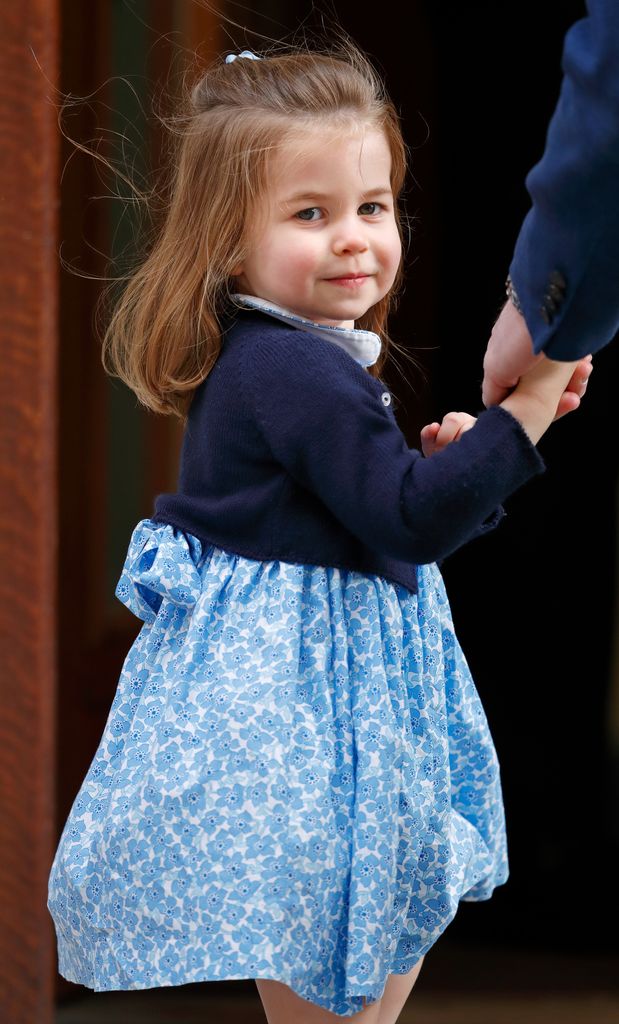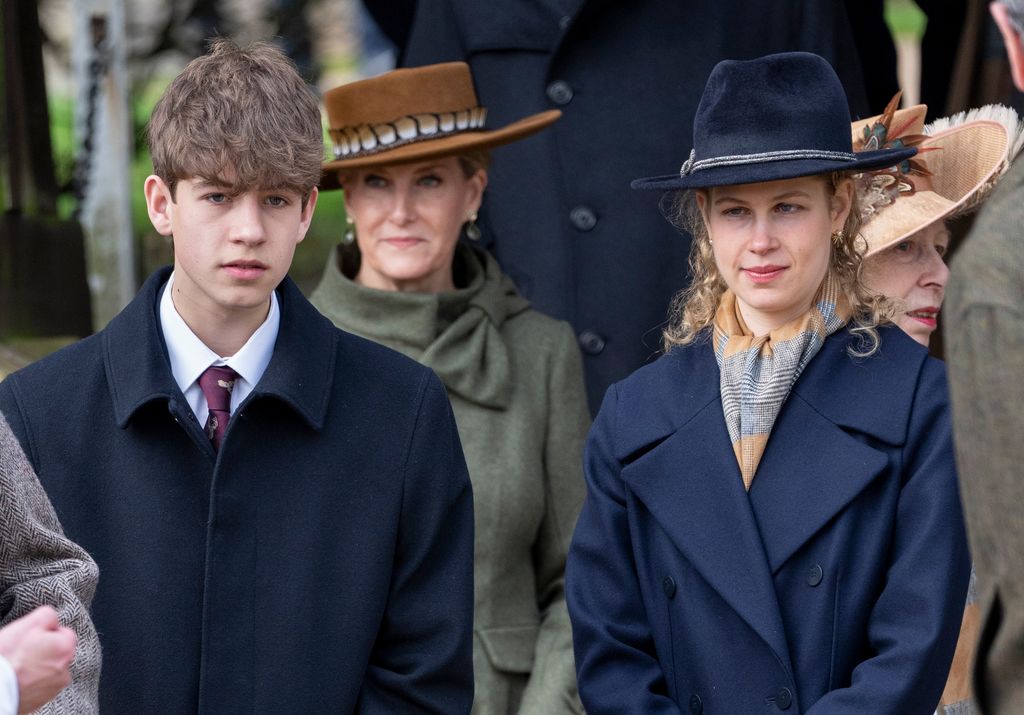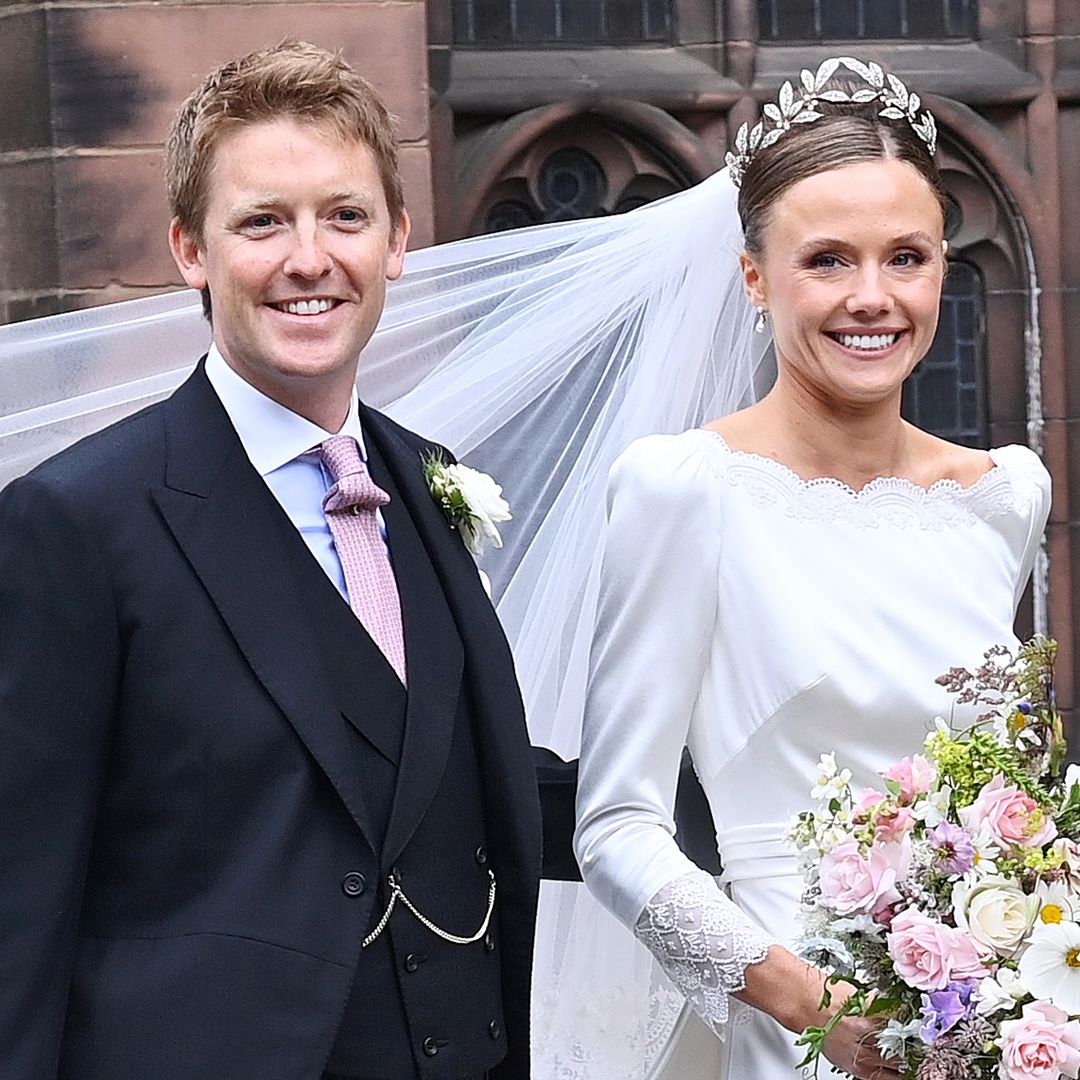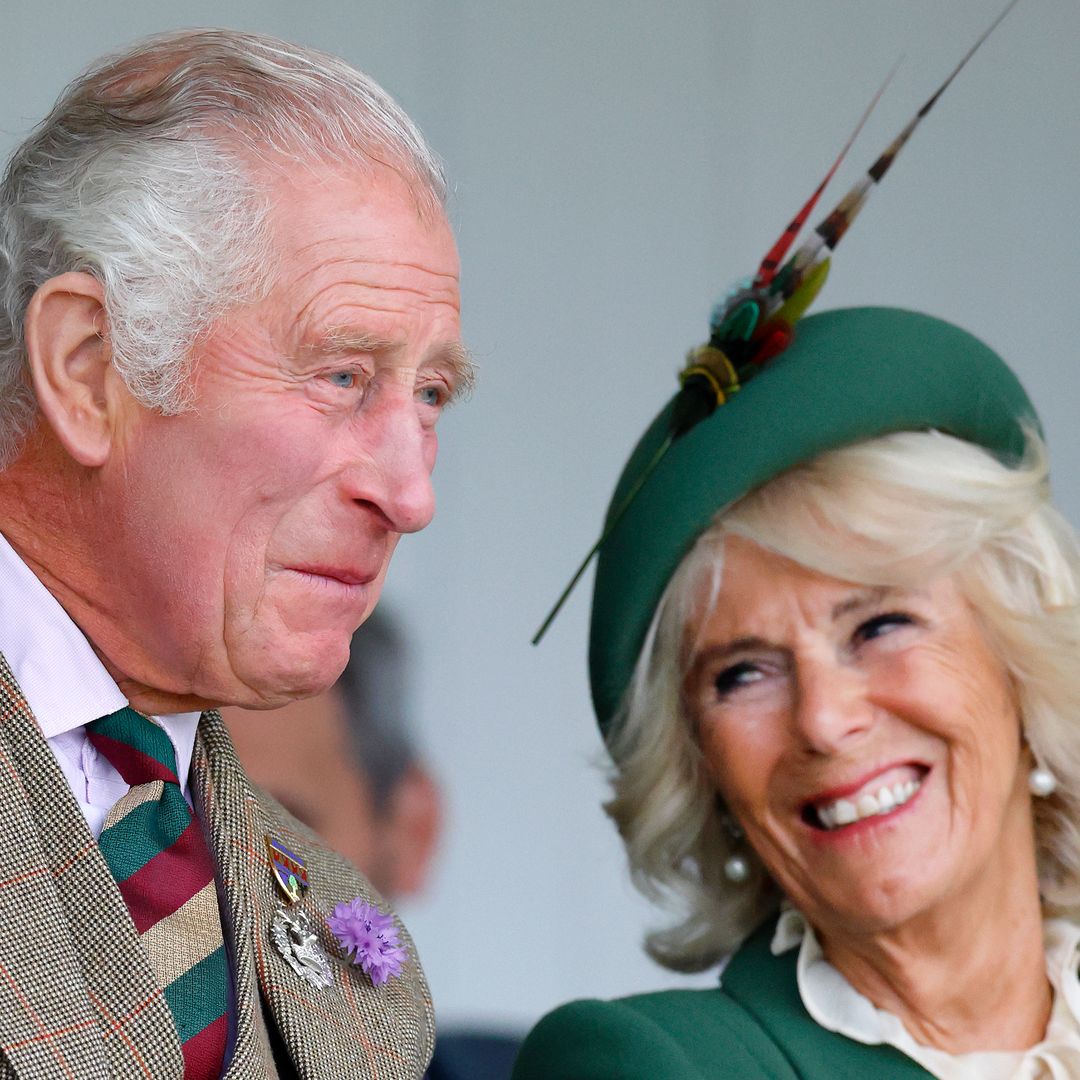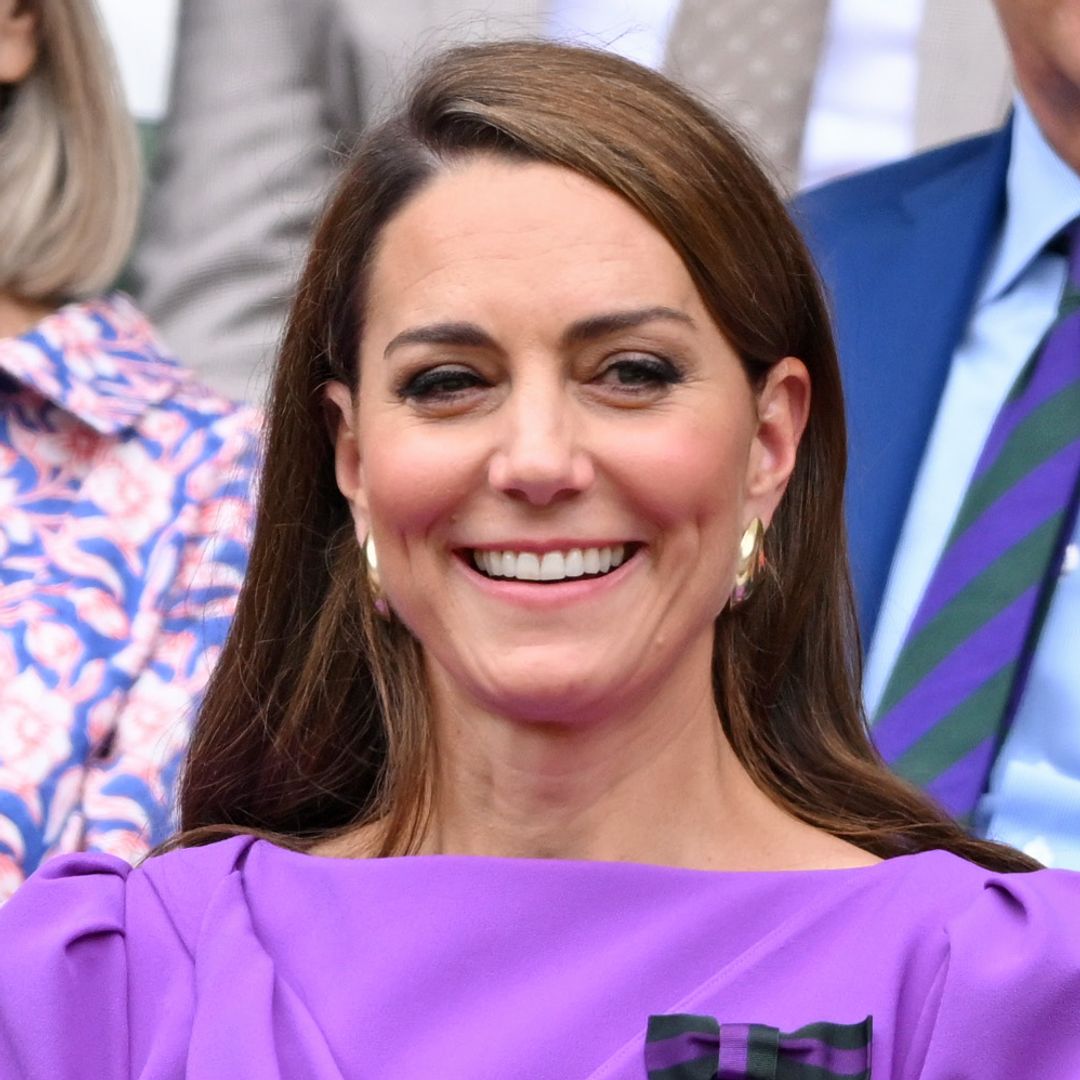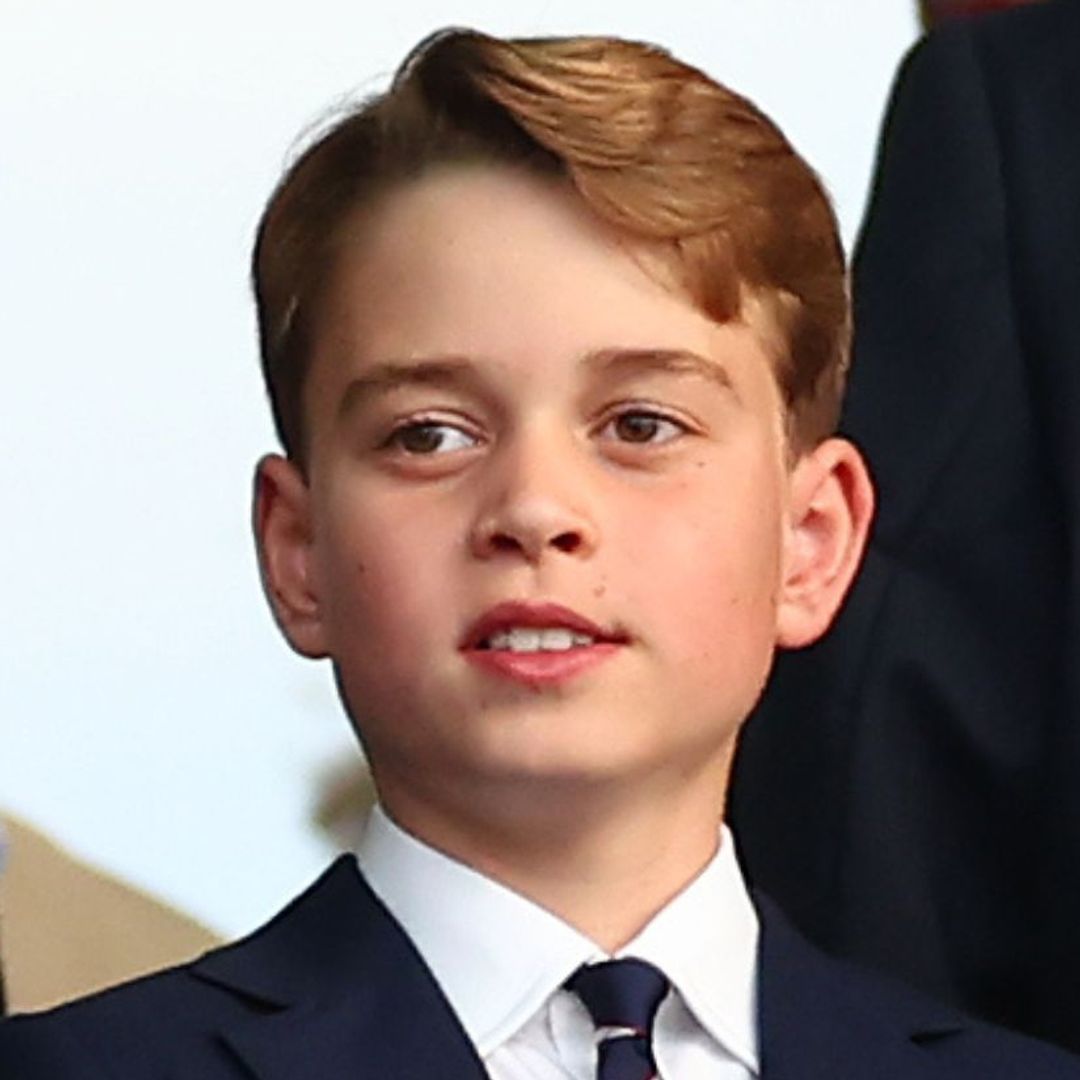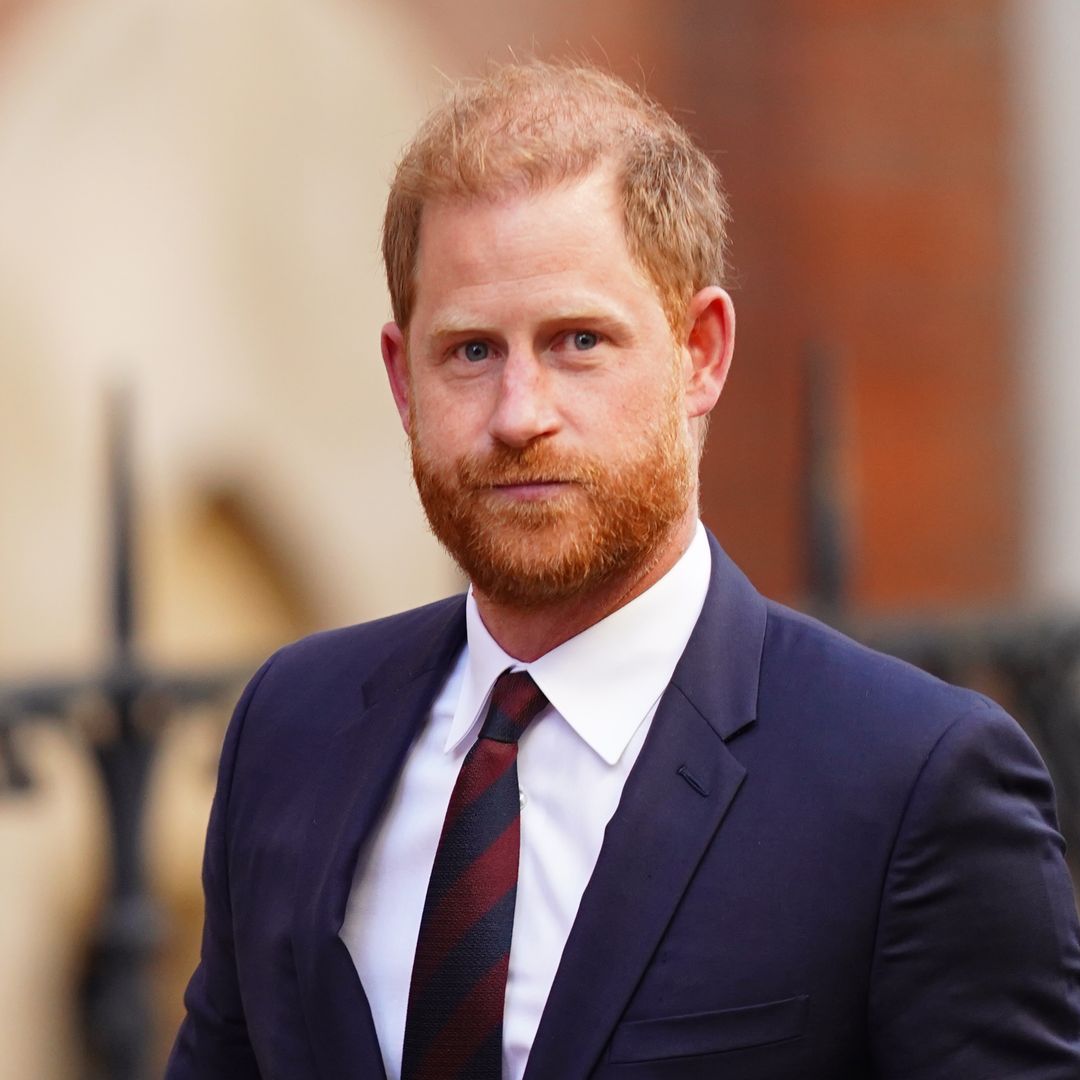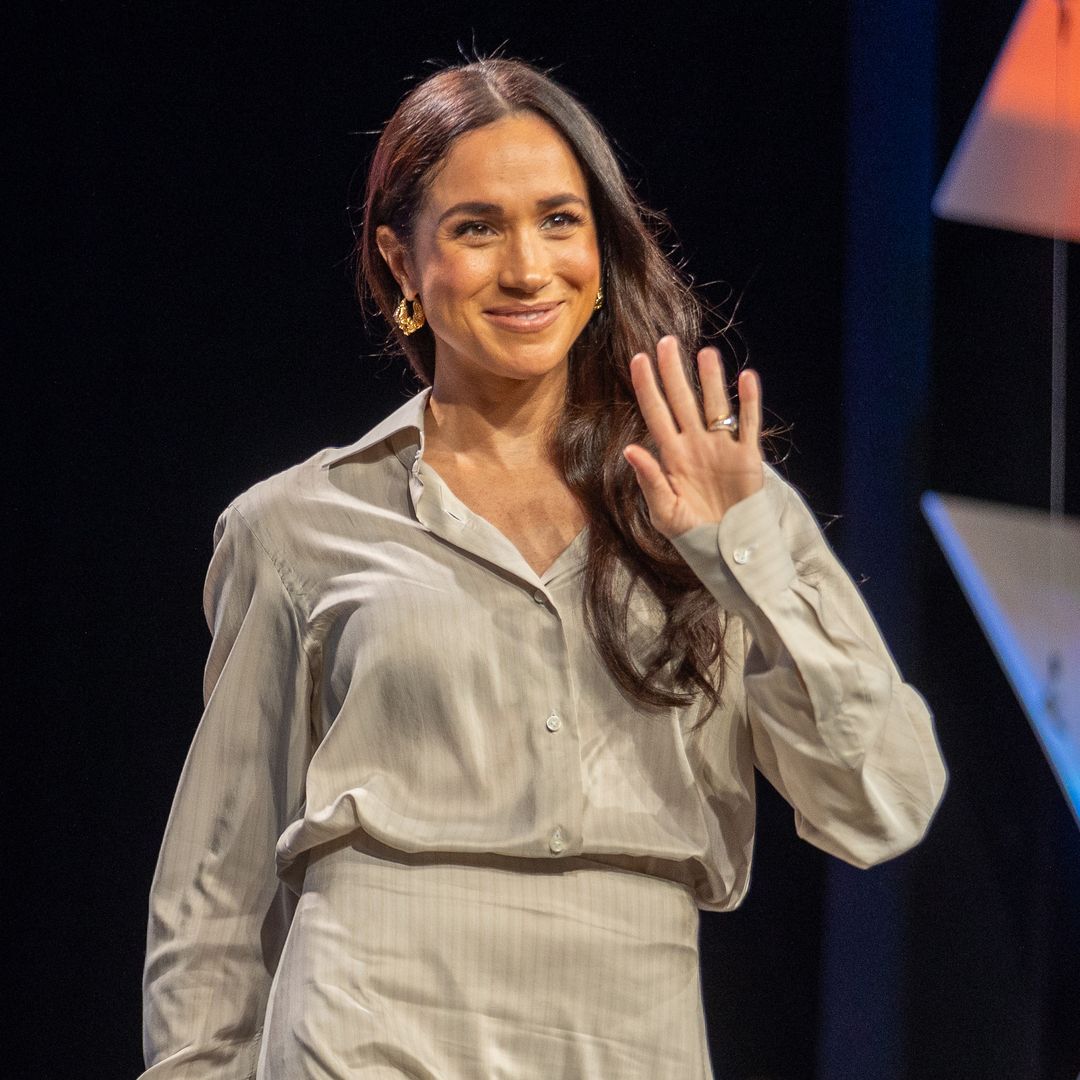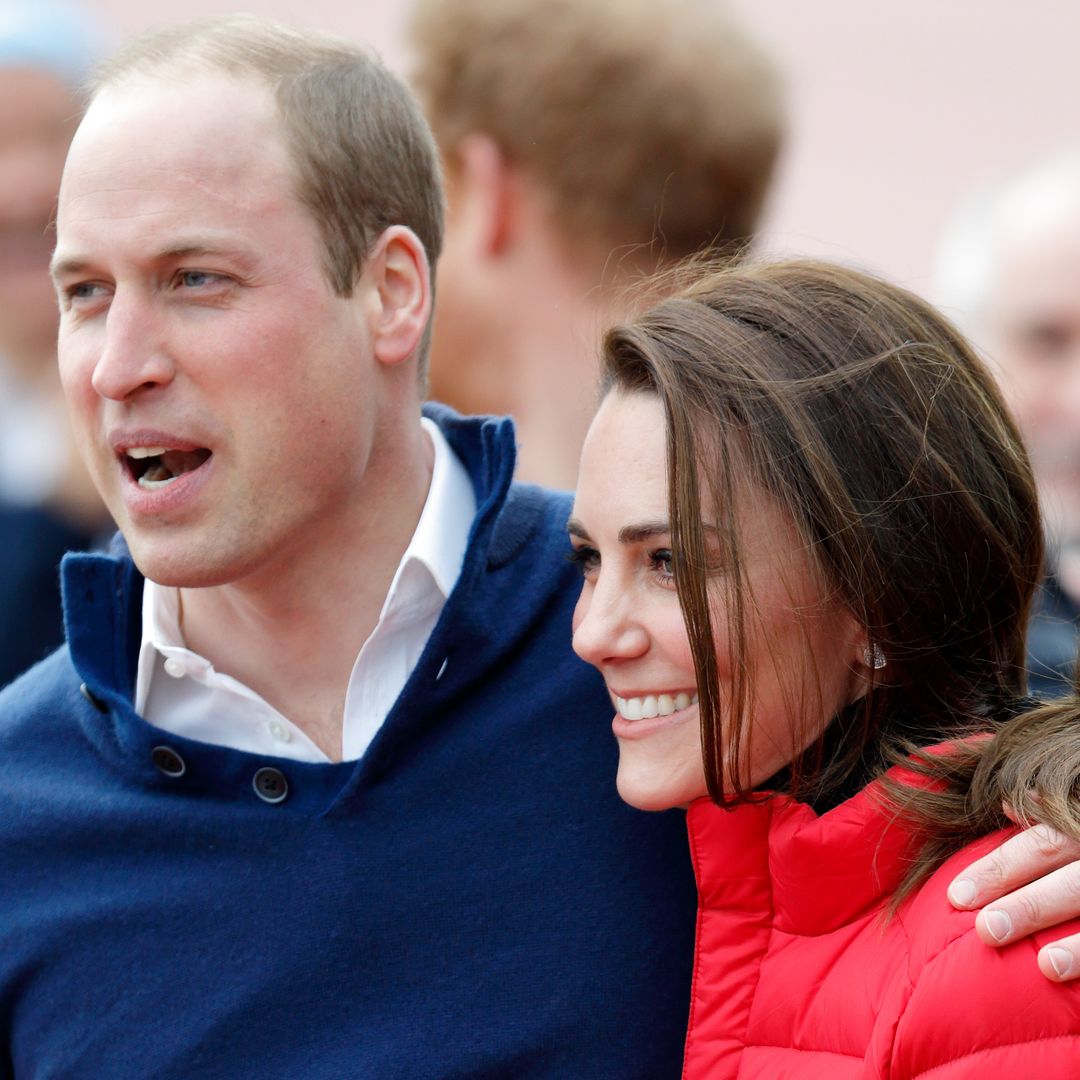The Duke and Duchess of Westminster announced the happy news last week that they are expecting their first child this summer.
Hugh Grosvenor, 7th Duke of Westminster tied the knot with Olivia Henson at Chester Cathedral on 7 June 2024.
He inherited the Dukedom and the Grosvenor estate when his father, Gerald Grosvenor, died in 2016.
However, there is currently no heir to the Dukedom, as this relies on a centuries-old rule.
Most peerages only pass down the male line (known as male primogeniture), which means that the peerage can only be inherited by a male relative.
If the Duke and Duchess' firstborn child is a daughter, under the current laws, she will not be entitled to inherit the Westminster title and the family fortune and estate that goes with it. Instead, like Hugh's three sisters, any potential daughters would be styled as Lady, while his eldest son would be known as Earl Grosvenor until he inherits the dukedom.
Such was the case with Hugh himself, who has two elder sisters, Lady Tamara and Lady Edwina Grosvenor.
Conservative MP Harriet Baldwin's proposed Hereditary Titles (Female Succession) Bill, aimed to change the law to allow female heirs to take a hereditary peerage or baronetcy.
However, the bill made no further progress after its second reading in the House of Commons, due to the dissolution of Parliament in May 2024 before the UK General Election.
Unless there are further attempts to make changes to the law through private members' bills, only a firstborn son can become the Duke of Westminster's heir.
The Succession to the Crown Act (2013)
The Prince and Princess of Wales's daughter Princess Charlotte made history as she became the first female royal to benefit from the change of succession law.
The Succession to the Crown Act (2013) amended the provisions of the Bill of Rights and the Act of Settlement to end the system of male primogeniture, under which a younger son can displace an elder daughter in the line of succession.
The law was updated ahead of Prince George's birth in 2013 to allow a possible firstborn daughter of Prince William and Kate to take precedence over any younger brothers. The decision was unanimously approved at a Commonwealth summit in Australia back in 2011, changing a 300-year rule.
While their firstborn was a son and their second child, a daughter, it meant that when Prince Louis was born in 2018, Charlotte retained her place in line to the throne.
The Act applies only to those born after 28 October 2011 so unfortunately Lady Louise Windsor is still behind her younger brother, James, Earl of Wessex.
Male-preference primogeniture still exists in countries such as Monaco and Spain.



